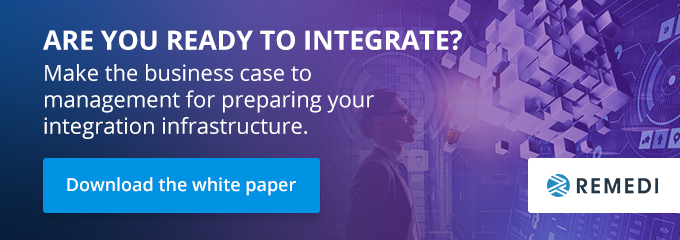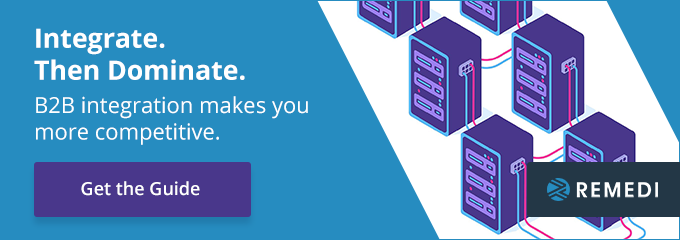
There has been an explosion in the growth of online food and beverage sales. The growth has been building up over the past few years, and it rapidly accelerated as a result of the events of 2020. How can you leverage this trend for greater success and sustainability?
In this post, we’ll talk about what the growth in online sales means for food and beverage producers, and what technologies they need in place. Are You Ready to integrate?
The Explosive Growth of Online Food and Beverage Sales
Before 2020, online food and beverage sales were at what experts call an “inflection point.” Over the years, consumers have become more and more comfortable with purchasing groceries online. Then, a global pandemic hit; day-to-day activities such as grocery shopping at your local supermarket suddenly became fraught with risk. Online food and beverage sales rose 125% to $106 billion between November 2019 and November 2020.
Another factor in this growth relates to the pandemic: restaurants weren’t able to serve patrons in-person, meaning that food and beverage suppliers lost a large portion of their market. Suddenly, they had enormous amounts of inventory, yet nowhere to sell it – except online (in some cases, directly to consumers).
“Online food and beverage sales rose 125% between November 2019 and November 2020.”
Can food and beverage manufacturers continue to capitalize on the growth in online sales? Industry experts believe it’s possible; even as consumers return to grocery stores, some still want to shop online.
How Can the Food and Beverage Industry Leverage Online Sales?
To sell to B2B companies and directly to consumers, food and beverage manufacturers will need to undergo a digital transformation. A digital transformation refers to the use of technology to radically improve the reach and performance of your business. It doesn’t mean you implement technology and call it a day – unless that technology radically improves your business’ reach and performance, it’s not a digital transformation.
One technology that plays a vital role in digital transformations is B2B integration. B2B integration brings all of your information into one place, virtually eliminating manual processes.

B2B Integration and Online Food and Beverage Sales
B2B integration allows food and beverage producers to take advantage of consumers’ desire for online grocery shopping. It does so in three ways:
- Increased visibility for better supply chain management
- Meeting trading partner requirements
- Allowing B2C sales
B2B integration improves supply chain management by improving visibility. When all of your information is in one place, you can make proactive decisions (rather than reacting to situations).
Additionally, some large trading partners require you to transmit information electronically. B2B integration allows you to do that so that you can take advantage of new business opportunities.
“B2B integration improves supply chain management with greater visibility.”
Third, B2B integration enables B2B companies to sell directly to consumers. They can link to procurement systems and order fulfillment systems to create a new stream of revenue.
Food and beverage manufacturers can take advantage of the enormous growth in online sales with the right technology. Integrate. Then Dominate.




